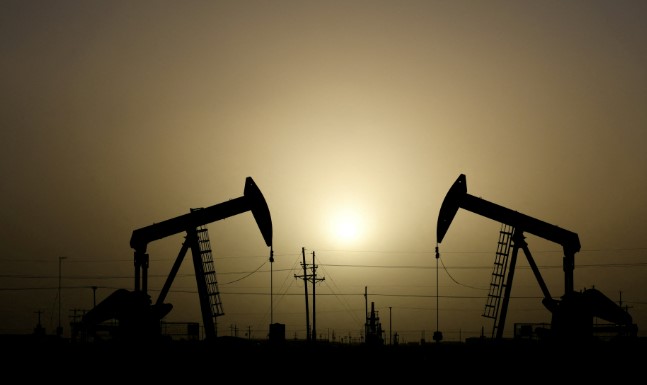As there is no imminent supply threat, crude traders do not anticipate a massive price increase. Iran, a major oil producer and main backer of Hamas, which launched this weekend’s offensive against Israel, is the focus of all attention.
A retaliatory strike against the Islamic Republic would heighten concerns regarding the Strait of Hormuz, a vital shipping lane that Tehran has previously threatened to close. There is also the possibility of the United States reimposing sanctions on Iran’s resurgent crude exports.
“Iran remains a very big wild card,” said Helima Croft, chief commodities strategist at RBC Capital Markets and a former CIA analyst. “Israel will escalate its long-running shadow war against Iran,” and “Iran’s response to such an intensification is unknown.”
The threat of a Mideast conflict has emerged just as global crude supplies have been depleted by Saudi Arabia and Russia’s months-long production cuts. Last month, their supply constraints drove Brent futures briefly to nearly $100 per barrel.
Pierre Andurand, the proprietor of Andurand Capital Management LLP and a trader at a hedge fund, stated, “It is unlikely to have a short-term effect on oil supply.” However, it could eventually affect supply and prices.
Almost exactly 50 years have passed since the Arab oil embargo, when Saudi Arabia and other OPEC producers choked off flows to the west following the 1973 Yom Kippur War, which also involved Israel.





